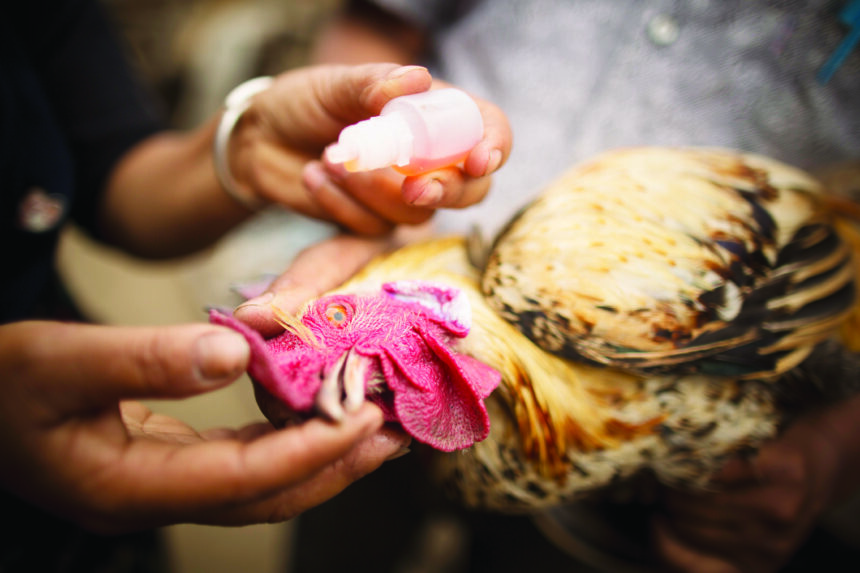Namibia, through the agriculture ministry and the directorate of veterinary services, has lifted the ban on the importation and in-transit movement of live poultry and birds from South Africa.
The resumption of import of live poultry and birds from neighbouring South Africa will be strictly monitored, and importers have been urged to fully comply with all the additional regulations, making sure that their imported birds and live poultry are coming from that country’s Department of Agriculture, Land Reform and Rural Development-approved laboratories and compartments.
Importers must also ensure that their products are on the monthly list, approved by the director of animal health for exports to Namibia, and must also make sure that the parent flock has not been vaccinated against Highly- Pathogenic Avian Influenza.
Brazil banned
Meanwhile, it was announced that the importation and in-transit movement of live poultry, birds and all poultry-related products from the State of Rio Grande do Sul of Brazil has been banned due to the outbreak of the Newcastle disease in southern America.
Rio Grande do Sul is Brazil’s southernmost state, bordering Argentina and Uruguay. The Newcastle disease is specific to poultry, and not transmittable to human beings.
Newcastle causes respiratory problems in birds, and sometimes leads to death.
Namibia has decided to revoke all in-transit permits that were previously issued by the country to the region of Rio Grande do Sul.
Only cooked poultry meat products of a commercial nature will be allowed to be imported into Namibia.
That is if importers comply and adhere to the set regulations, as well as all additional restrictions as announced by the directorate of veterinary services.
In June, Brazil voluntarily halted poultry exports to some countries after a case of Newcastle disease was detected in the state of Rio Grande do Sul. The move came because of
7 000 birds dying on a chicken farm in Brazil’s southernmost state.
The temporary ban on Brazilian live poultry, birds and all poultry-related products could affect
50 000 to 60 000 metric tonnes of that country’s exports to the global market.
Brazil produces 1.2 million tonnes, and exports 430 000 tonnes of poultry products on average per month to the world market. -ohembapu@nepc.com.na


